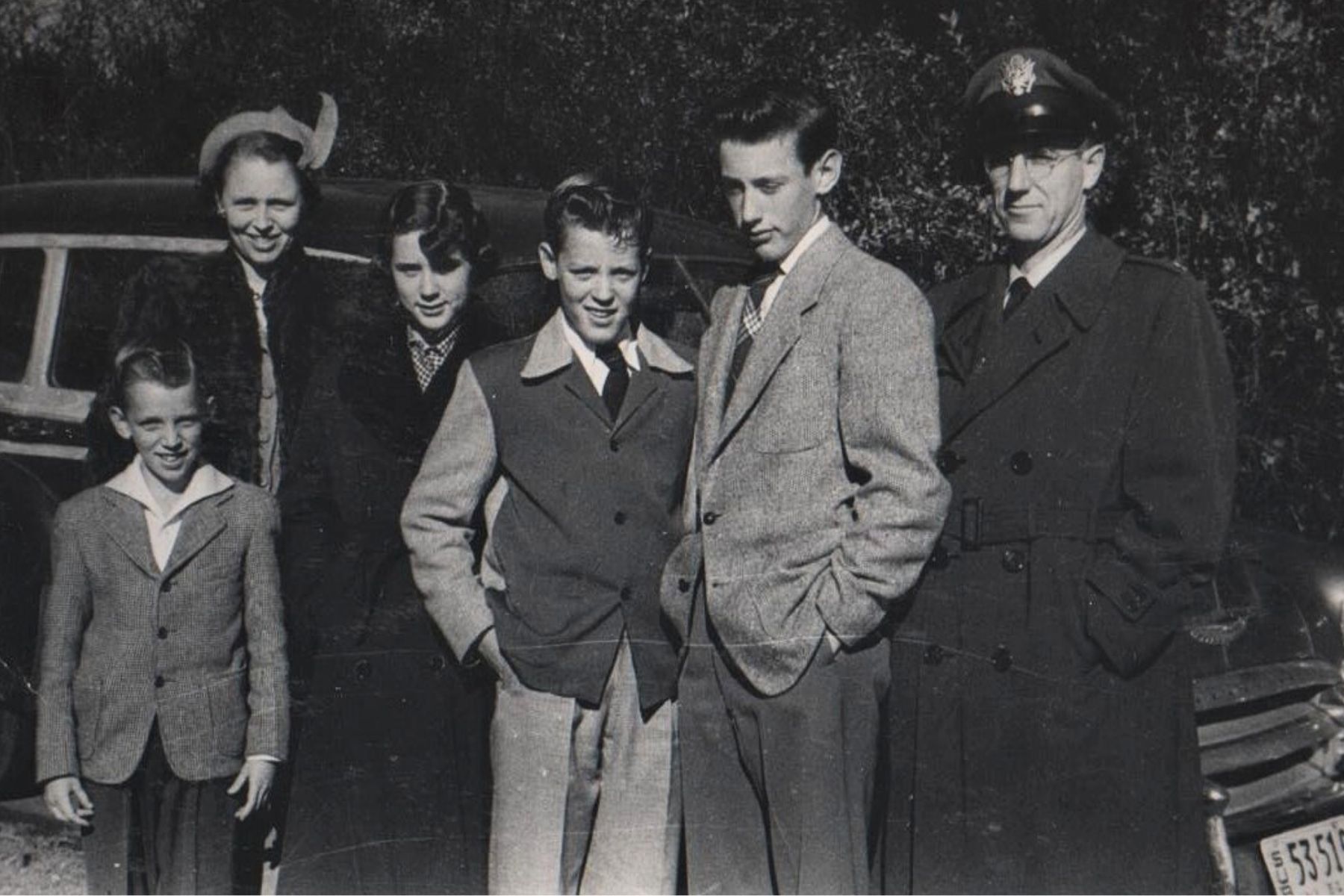Caught in the Generational Divide: A Midlife Decluttering Dilemma
As an Amazon Associate and member of other affiliate programs, I earn from qualifying purchases.

Do you get frustrated when your kids don’t seem excited about inheriting all the stuff you’ve diligently saved for them over the years? After all, you took on a lot from your parents, who in turn had things from their parents. What is going on with these kids today? Ungrateful! Unfeeling! Entitled! There is clearly some kind of generational divide happening, right?
The truth is, young people today are not being inconsiderate and they aren’t apathetic. There has been a titanic shift happening in the last 100 years that has upended the relationship that different generations have to their stuff. Let’s break it down and make some sense of it so we can quit accusing our children of being unfeeling ingrates.
The Greatest and Silent Generations: Scarcity Mindset

In order to dig into this generational divide, this let’s rewind the clock all the way back to the Great Depression. My grandparents were members of the Greatest Generation (those born ~1901-1927) and my parents were members of the Silent Generation (those born ~1928-1945). These generations either lived through the Great Depression or were raised by parents who lived through it. Times were tough, and almost everyone was affected. Goods were scarce, and everything a family owned was precious. Then as we came out of the Depression, WWII started and dominated the global economy. Most industries producing goods and food focused on supporting the war effort.
If you were a kid growing up in this era you understood the value of each thing you owned because there wasn’t very much. You likely weren’t bombarded every birthday and Christmas with toys, instead you treasured the few things you received. Clothing was passed down to siblings, and mended multiple times before graduating to the rag bin. When something broke, you fixed it because buying a new one was expensive.
It took a long time to manufacture things, and even longer to transport them to various points across the country. Once you got something like a car, you drove that puppy until it died. Even cameras were somewhat of a luxury; mostly used for special occasions and formal portraits because film was expensive too.
This is the water our parents and grandparents were swimming in. Goods were few, expensive and harder to get. So they were highly valued. Not only did you welcome things you inherited from family members, they were often the only things you had to remember them by.
The Millennials and Gen Z: Raised in Plenty

Now let’s fast forward 50-60 years across the generational divide. The kids born in the 80’s and 90’s (Millennials) and the 2000s (Gen Z) are swimming in very different water. Global manufacturing has exploded, making goods like clothing, toys and electronics much cheaper and easier to get. The internet has come to life and made convenience not a feature but a baseline expectation. Not only can you easily order something online but you can get it the same day if you so choose.
Every Christmas and every birthday brings a bonanza of gifts. Nobody knows how to patch jeans or darn socks and there is no need, because you can just buy a new pair when a hole appears! Technology is changing at the speed of light and everyone is racing for the newest model of smartphone/tablet/car/television so they can keep up with the latest and greatest.
And even as the advent of digital cameras eliminated the need to buy and develop film, the smartphone eclipsed even that and these generations have almost their whole lives documented in photos and video.
With so much available and over-production rampant, is it a wonder that the grown children of the Millennial and Zoomer generations do not have the same relationship to things? Why fix something if acquiring a new one is so easy and cheap? Why get attached if a newer, shinier version is just around the corner? If anything, these kids grew up with too much stuff and don’t want the burden of taking care of it all. It’s a totally different perspective.
The Boomers & GenEx: Caught In The Middle

Which brings me to the middle section of the generational divide, the Baby Boomers and Gen X (shout out to my people!) We are in the murky, mucky middle of this whole situation. We ere raised by our Greatest and Silent Generation parents and grandparents. They taught us to value our things, fix what is broken, pass stuff down and never waste. But while we were learning those maxims, the world was changing. We grew up with way more than our parents had. It was a world of plenty, but we were taught to value everything as if goods were scarce.
We eventually took on the possessions of our elders as if it was our duty. At the same time we accumulated mountains of things as we raised our own children. We spent the last 2-3 decades fielding influx from the generations before and behind us.And now we have so much stuff. The stuff they saved and the stuff we saved. Our kids are observing this accumulation and saying ‘no, thank you – we’re good!’ They have their photos and their videos to remember. They place a high value on experiences. They will spend $800 to see Taylor Swift in concert and will probably declutter the-shirt they bought there in a few years.
It’s Gonna Be Okay
So the next time you are decluttering with your grown kid or trying to pass something down to them that they politely decline, remember this. It’s not a reflection of how much they love you. And it’s not a sign of disrespect. It’s merely a result of the massive shift in our culture over time. So instead of getting upset about it, try re-framing it. Sure you spent time and energy saving all this stuff – but now you can let it go! How freeing! Setting yourself free from all the clutter you’ve kept out of reflex can be truly transformative. Go ahead, you’ll love how it feels to set down the burden!







Hi Carrie, I love your content. I am in Melbourne, Australia.
I have experience the thrill of creating a half metre of space on a shelf and are SLOWLY progressing how ever I am having trouble with stuff from Mums.
Could you address the issue of feeling guilty or disrespecting loved ones by throwing something out that was important to them please.
Mark